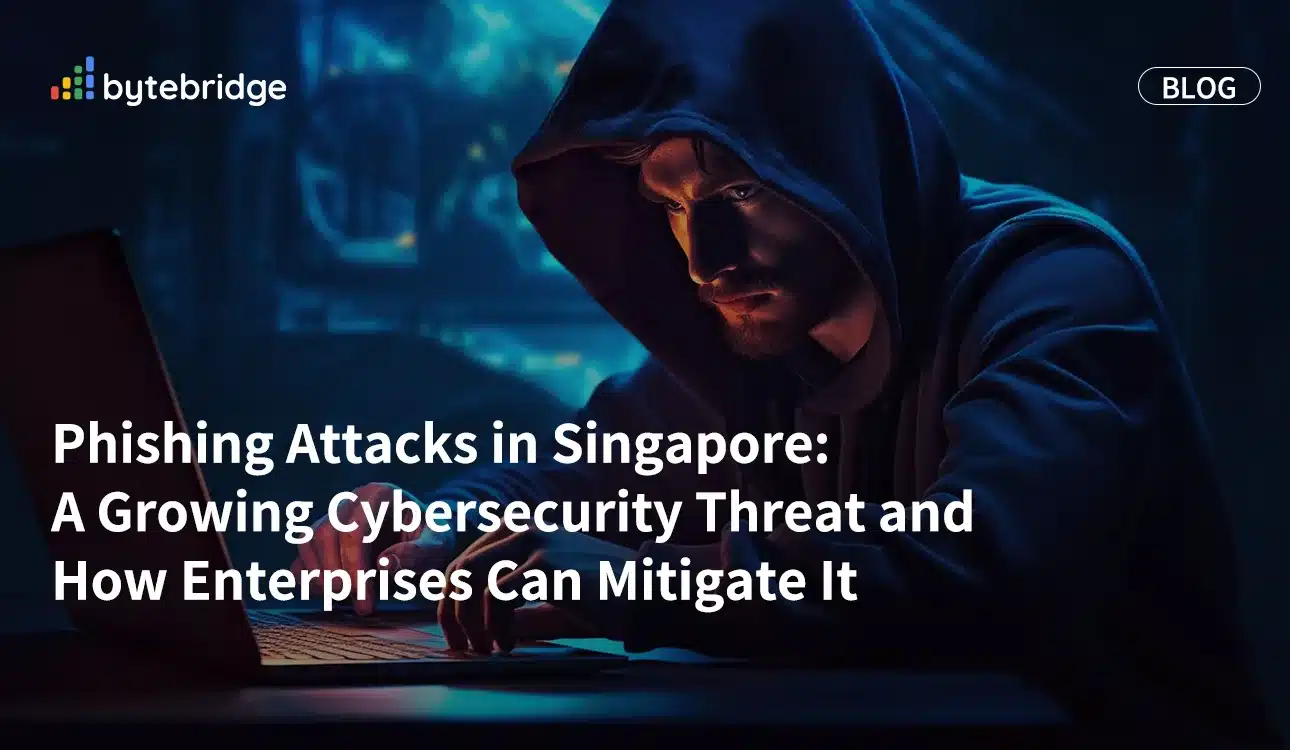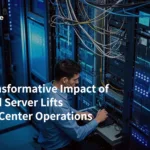In recent years, Singapore has experienced a significant surge in cyber threats, with phishing attacks emerging as a predominant concern. These deceptive schemes, which trick individuals into revealing sensitive information, have targeted both individuals and large enterprises, leading to substantial financial and reputational damage.
The Rise of Phishing Attacks in Singapore
Phishing attacks in Singapore have escalated alarmingly. In 2023, the Cyber Security Agency of Singapore (CSA) reported a notable decline in phishing incidents compared to 2022; however, the absolute figures remained high, indicating that phishing continues to be a significant threat.
These attacks have become more sophisticated, often employing AI-generated content to craft convincing emails and messages that lure recipients into divulging confidential information or clicking on malicious links. The consequences for large enterprises can be severe, including unauthorized access to corporate networks, data breaches, and substantial financial losses.
Case Study: Mobile Guardian Breach
A notable incident highlighting the impact of phishing attacks occurred in August 2024, when a security breach involving the Mobile Guardian app affected approximately 13,000 students across 26 secondary schools in Singapore. The breach led to the remote wiping of devices, causing significant disruption to educational activities.
This incident underscores the vulnerabilities that can be exploited through phishing and other cyber threats, emphasizing the need for robust cybersecurity measures across all sectors.
Implications for Large Enterprises
For large enterprises and multinational corporations operating in Singapore, the rise in phishing attacks presents several critical challenges:
- Data Breaches: Phishing can lead to unauthorized access to sensitive corporate data, resulting in breaches that compromise customer information and intellectual property.
- Financial Losses: Successful phishing attacks can facilitate fraudulent transactions or unauthorized fund transfers, leading to direct financial losses.
- Reputational Damage: Public disclosure of phishing incidents can erode customer trust and damage an organization’s reputation.
- Operational Disruptions: Attacks may disrupt business operations, especially if critical systems are compromised or taken offline.
Mitigation Strategies
To combat the growing threat of phishing attacks, large enterprises should implement comprehensive cybersecurity strategies:
-
Employee Education and Training: Regular training programs to educate employees about phishing tactics and how to recognize suspicious communications are essential.
-
Advanced Email Filtering: Deploying sophisticated email filtering solutions can help detect and block phishing emails before they reach employees’ inboxes.
-
Multi-Factor Authentication (MFA): Implementing MFA adds an extra layer of security, making it more difficult for attackers to gain unauthorized access even if credentials are compromised.
-
Regular Security Assessments: Conducting periodic security audits and vulnerability assessments helps identify and remediate potential weaknesses in the organization’s defences.
-
Incident Response Planning: Developing and maintaining a robust incident response plan ensures that the organization can respond swiftly and effectively to phishing incidents, minimizing potential damage.
Partnering with ByteBridge for Enhanced Security
Given the evolving nature of cyber threats, partnering with specialized cybersecurity firms like ByteBridge can provide large enterprises with the expertise and resources needed to bolster their defences. ByteBridge offers a suite of managed security services tailored to the unique needs of large organizations, including:
- Security Operations Centre (SOC) Services: Providing continuous monitoring and rapid incident response to detect and neutralize threats in real-time.
- Managed Detection and Response (MDR): Delivering proactive threat hunting and remediation to address potential security incidents before they escalate.
- Zero Trust Network Access (ZTNA): Implementing strict access controls to ensure that only authorized users can access specific resources, thereby minimizing potential attack vectors.
By leveraging ByteBridge’s expertise, large enterprises can enhance their cybersecurity posture, ensuring robust protection against the sophisticated cyber threats prevalent in Singapore.
About The Author
Vijei Barthi Muthusamy
Vijei Barthi Muthusamy is a Pre-Sales Engineer with a robust background in system administration, IT solution design, and technical support. Specializing in crafting tailored IT solutions that align with diverse business needs, Vijei brings extensive expertise in managing cloud infrastructures, network security, and platforms such as Linux, Microsoft Azure, and AWS. With a master’s degree in information technology, Vijei is passionate about leveraging technology to create innovative solutions that drive success and growth.
Read more
-
The Evolution of Data Security: An Introduction to Data Loss Prevention (DLP)
-
Strengthening Digital Defenses: ByteBridge IT Security Solutions
-
Boost Your Cybersecurity: The Game-Changing Benefits of a Managed Security Service Provider
-
Why Small Businesses Are Big Targets for Cybercriminals: What You Need to Know
-
Cybersecurity Predictions for 2025: ByteBridge’s Take on the Future







